At Daiwa Health Development, we specialize in functional supplements that support brain health, gut health, and overall mental well-being, drawing from decades of research in natural healing modalities. Post-traumatic stress disorder (PTSD) affects millions, but with the right strategies, recovery is achievable. This article provides a comprehensive look at understanding and overcoming PTSD, integrating holistic approaches that align with our commitment to empowering individuals through science-backed nutrition.
What Defines a Traumatic Event?
A traumatic event often involves exposure to death, serious injury, or sexual violence, either directly or as a witness. Common examples include a car accident, natural disaster, terrorist attacks, or physical assault. These distressing experiences can overwhelm a person's ability to cope, leading to extreme stress that disrupts everyday life.
Not every challenging situation qualifies as a traumatic event; it must threaten safety or integrity profoundly. For instance, witnessing a crime or experiencing family member abandonment can qualify if it induces significant distress. Recognizing what constitutes a traumatic event helps in identifying potential risks for developing PTSD.
How PTSD Develops After Trauma
Many people face traumatic events, but only some develop PTSD. Experiencing PTSD involves visceral emotional and physical reactions triggered by reminders of past traumatic events, such as certain sounds, smells, or situations, which can evoke defensive or anxious responses. Factors like prior exposure to adversity increase the likelihood. Posttraumatic stress disorder emerges when the body’s response to trauma lingers, turning common reactions into persistent symptoms.
The risk heightens with unpredictable or uncontrollable traumatic events. Previous health problems or lack of social support can exacerbate this situation. Understanding these dynamics clarifies why some trauma survivors recover swiftly while others struggle with traumatic stress disorder PTSD.
Common Reactions to Traumatic Events
Immediately after a traumatic event, individuals often feel anxious, sad, or angry. Trouble concentrating and difficulty falling asleep are typical. These physical reactions, like rapid breathing or muscle tension—a common symptom of anxiety or PTSD—stem from the body’s fight-or-flight activation.
Most people see these symptoms fade within days or weeks. However, if they persist, they may signal the onset of PTSD. Distinguishing normal responses from prolonged ones is key to early intervention.
Symptoms of PTSD: An Overview
Symptoms of PTSD fall into four categories: intrusion, avoidance, thought and mood changes, and arousal and reactivity. Intrusion involves upsetting memories, nightmares, or flashbacks that replay the traumatic event vividly.
Avoidance means steering clear of reminders, people, or places linked to the trauma. Thought and mood changes include negative thoughts, guilt, or disconnection from others. Arousal symptoms manifest as irritability, hypervigilance, or being easily startled.
Specific PTSD Symptoms in Daily Life
PTSD symptoms can interfere with work, relationships, and daily life. Difficulty concentrating or trouble concentrating on tasks is common, as is feeling constantly on edge. Physical sensations like a racing heart mimic the original traumatic stress reactions.
Emotional numbing or loss of interest in activities once enjoyed adds to the burden. These symptoms vary, but they often create a cycle of distress that affects overall functioning.
Intrusion Symptoms and Their Impact
Intrusive thoughts force reliving the traumatic event through flashbacks or dreams. These invasions can trigger physical reactions, such as sweating or shaking, making individuals feel the danger is present again.
Such experiences lead to significant distress, disrupting sleep and concentration. Over time, they erode positive emotions, replacing them with fear or sadness.
Avoidance Behaviors in PTSD
To cope, many avoid triggers, including conversations about the traumatic event or locations associated with it. This escape can isolate individuals from support networks, worsening feelings of loneliness.
While avoidance provides short-term relief, it prevents processing the trauma, allowing symptoms to fester. Breaking this pattern is crucial for recovery.
Changes in Thoughts and Mood
Negative effects on cognition include blaming oneself or feeling detached. Trauma survivors may feel guilty about surviving or question their actions during the event.
These shifts diminish joy in everyday life, fostering a sense of hopelessness. Addressing them through targeted interventions restores balance.
Arousal and Reactivity Symptoms
Hyperarousal leads to irritability, aggression, or sleep disturbances. Being easily startled or having trouble concentrating heightens anxiety in routine situations.
These symptoms stem from the body's sustained stress response, making relaxation challenging. Managing them involves techniques that calm the nervous system.
How PTSD Differs from Normal Stress
Normal reactions to trauma are short-lived and resolve naturally. In contrast, PTSD symptoms persist beyond a month, causing interference in life.
While everyone might feel stressed after a natural disaster or car accident, those with PTSD experience intensified, recurring distress without resolution.
Risk Factors for Developing PTSD
Certain factors elevate the chance to develop PTSD, such as the severity of the traumatic event or lack of coping skills. Women face higher rates than men, and pre-existing mental health issues amplify vulnerability.
Exposure to multiple traumatic experiences compounds the risk, leading to complex PTSD in some cases. Awareness of these events aids in prevention and early support.
The Role of Past Trauma in PTSD
Past trauma sensitizes the brain, making new traumatic events more impactful. This cumulative effect can lead to traumatic stress disorder PTSD even from seemingly lesser incidents.
Healing involves addressing layered traumas, ensuring comprehensive recovery.
What Happens When PTSD Is Triggered?
When triggered, PTSD reactivates the stress response as if the traumatic event is recurring. Physical sensations like rapid breathing or muscle tension surge, accompanied by being emotionally overwhelmed are examples of stress responses.
Flashbacks or intrusive thoughts dominate, impairing focus and escalating anxiety. Recognizing triggers allows proactive management to mitigate these episodes.
Is It Possible to Beat PTSD?
Yes, beating PTSD is possible with consistent effort and appropriate support. Many overcome it fully, reclaiming control over their lives. Early intervention enhances success rates.
Combining therapies and lifestyle changes fosters resilience, turning recovery into a reality for most.
Holistic Approaches to Overcoming PTSD
A holistic view treats the whole person, integrating mind, body, and spirit. This approach complements traditional methods, promoting lasting healing from traumatic stress disorder PTSD.
At Daiwa Health Development, our supplements, rich in nutrients that support brain health and manage inflammation, align perfectly with these approaches, helping users manage symptoms naturally and encouraging them to incorporate our products for enhanced well-being.
Therapy Options to Treat PTSD
Trauma-focused therapies lead the way in treating PTSD. Treating PTSD involves various therapy methods to address traumatic memories and maladaptive thoughts, often with professional intervention.
Cognitive Processing Therapy (CPT) reshapes negative thoughts, building new coping skills.
Prolonged Exposure Therapy confronts fears gradually, reducing avoidance. These evidence-based methods empower individuals to process trauma effectively.
Eye Movement Desensitization and Reprocessing (EMDR)
Eye movement desensitization therapy uses guided eye movements to reprocess traumatic memories, diminishing their emotional charge.
This technique alleviates specific PTSD symptoms like flashbacks, fostering emotional resolution.
Medication for Managing Symptoms
Medications like SSRIs, including sertraline and paroxetine, are FDA-approved to treat PTSD, easing depression and anxiety.
SNRIs and other medications target secondary symptoms, providing relief when combined with therapy.
The Importance of Professional Guidance
Consulting a mental health professional is essential for accurate diagnosis, effective therapy, or support. Mental health professionals tailor treatments, ensuring safety and efficacy. Their expertise helps navigate difficult emotions and build resilience.
Seeking help promptly maximizes recovery potential.
Building Coping Skills for Daily Management
Developing coping skills is vital for handling PTSD symptoms. Identifying triggers and practicing responses empowers individuals.
These skills transform reactions, promoting stability in everyday life.
Deep Breathing Techniques to Calm PTSD
Deep breathing counters anxiety by slowing the heart rate and promoting calm. Inhale deeply, hold, then exhale slowly to activate relaxation.
Regular practice reduces the intensity of traumatic stress reactions during triggers.
Progressive Muscle Relaxation for Stress Relief
Progressive muscle relaxation involves tensing and releasing muscle groups, easing muscle tension and overall stress.
This method helps manage physical sensations tied to PTSD, offering immediate relief.
Mindfulness and Meditation Practices
Mindfulness anchors attention to the present, reducing intrusive thoughts. Daily sessions cultivate awareness, diminishing the grip of past trauma.
Incorporating it builds positive ways to handle distress.
Exercise as a Tool for Recovery
Engaging in exercise releases endorphins, improving mood and relieving tension. Activities like walking, swimming or yoga activate the relaxation response.
Consistent movement alleviates symptoms, enhancing mental health.
Healthy Lifestyle Choices to Support Healing
Adopting a healthy lifestyle, including balanced nutrition, bolsters recovery. Omega-3s from fish or krill oil supplements support brain health, managing inflammation.
Avoid alcohol and make sure you get enough sleep—aim for 7 to 9 hours each night—and create a restful environment to prevent symptoms from worsening.
Nutrition's Role in Mental Health
Nutrients influence mood and cognition. Foods rich in antioxidants combat oxidative stress from trauma.
Supplements addressing gut health indirectly support mental health by balancing the gut-brain axis.
The Gut-Brain Connection in PTSD
The gut microbiome affects neurotransmitter production, impacting PTSD symptoms. Probiotics and fiber-rich diets restore balance, easing anxiety.
This functional medicine approach targets root causes for deeper healing.
Adrenal Health and Stress Regulation
Trauma overstimulates adrenals, depleting hormones. Supplements that regulate stress, like adaptogens, restore equilibrium.
Better adrenal function improves sleep and reduces hyperarousal.
How to Overcome Complex PTSD
Complex PTSD arises from prolonged trauma, like abuse. Recovery involves layered therapies, rebuilding trust and self-worth.
Building strong support networks and advanced coping strategies accelerate progress.
Social Support's Crucial Role
Social support lessens isolation, validating experiences. Connecting with understanding others fosters healing.
Careful selection of support people ensures positive reinforcement.
Joining Support Groups for PTSD
A support group can be professional-led or peer-based, providing a safe space to share experiences, emotional validation, encouragement, and practical advice.
They help trauma survivors feel less alone, accelerating recovery.
Family Involvement in Recovery
Family therapy educates loved ones on symptoms, mending relationships strained by PTSD.
Their involvement strengthens the support system, aiding daily management.
Volunteering to Regain Control
Volunteering shifts focus outward, reclaiming power and reducing helplessness.
This activity builds positive emotions and community ties.
Spending Time Outdoors for Well-Being
Outdoor activities like hiking ground individuals, improving symptoms through nature's calming effects.
Regular exposure enhances mood and resilience.
Expressive Writing as a Therapeutic Tool
Expressive writing processes emotions, reducing PTSD symptoms and promoting growth.
Journaling about experiences fosters insight and relief.
Self-Monitoring for Awareness
Tracking symptoms and triggers heightens awareness, enabling better management.
This practice informs personalized coping strategies.
Behavioral Activation Techniques
Increasing rewarding activities combats depression, lifting mood and engagement.
Increasing rewarding activities also breaks avoidance cycles, restoring joy in life.
Establishing Routines for Stability
Routines provide normalcy, countering chaos from trauma.
Consistent habits build control and predictability.
Distracting with Positive Activities
Pleasant distractions limit harm from distressing thoughts, offering temporary respite.
Over time, pleasant distractions integrate into healthier patterns.
Avoiding Self-Destructive Behaviors
Steer clear of self-destructive habits; instead, channel energy into constructive outlets.
This shift prevents escalation of negative effects.
When Symptoms Feel Worse
If symptoms feel worse, reassess triggers and seek professional adjustment.
View intensifications as signals for refined approaches.
Integrating Supplements for Enhanced Support
Functional supplements target underlying imbalances in PTSD. At Daiwa Health Development, our formulations, designed for immune and stress support, complement therapies by nourishing the body at a cellular level, inviting readers to try them for noticeable improvements in mental clarity and calm.
Pro Tip: Combining Therapies for Best Results
Combine therapy with lifestyle changes for synergistic effects. This integrated approach maximizes recovery speed and depth.
Long-Term Strategies for Sustained Recovery
Sustained recovery requires ongoing commitment to coping skills and support.
Regular check-ins with mental health professionals ensure progress.
Overcoming PTSD: A Path Forward
Overcoming PTSD transforms lives, restoring functionality and joy. With persistence, most achieve significant improvement.
Resources for Further Help
Organizations like the VA or APA offer resources for treatment and support groups.
Access theses or similar groups to connect with tailored assistance.
The Impact on Family Members
PTSD affects family members, who may witness symptoms or provide care.
Educating them strengthens collective healing.
Preventing PTSD in High-Risk Situations
Building resilience pre-trauma reduces development risks. Strong coping skills and support networks buffer against impacts.
Common Symptoms Across Different Traumas
Whether from violence or natural disaster, common symptoms like avoidance and hyperarousal appear.
Tailoring responses to specific contexts enhances efficacy.
Addressing Negative Thoughts Effectively
Challenge negative thoughts through cognitive techniques, replacing them with balanced perspectives.
This technique reduces guilt and blame.
Relaxation Exercises for Everyday Use
Incorporate relaxation exercises like guided imagery to manage daily stress.
Relaxation exercises build resilience against triggers.
The Power of Positive Emotions
Cultivating positive emotions through gratitude practices counters negativity.
Method fosters emotional balance over time.
How Coping Strategies Evolve
As recovery progresses, coping strategies adapt, becoming more intuitive.
This evolution marks true mastery over symptoms.
Treatment Options Beyond Standard Care
Alternative treatments like TMS offer options when others falter.
Consult professionals to integrate them safely.
Feel Stressed? Quick Interventions
When you feel stressed, employ deep breathing or grounding techniques immediately.
These approaches halt escalation effectively, but for lasting wellness—especially after antibiotic use—understanding the effects of antibiotics on gut health and how to restore it is crucial.
Difficulty Falling Asleep: Solutions
For difficulty falling asleep, establish wind-down routines with relaxation techniques.
Consistent application improves rest.
Reduce Anxiety Through Habit
Habits like journaling reduce anxiety by processing thoughts.
Make them daily for cumulative benefits.
Health Problems Linked to Untreated PTSD
Untreated PTSD can lead to health problems like cardiovascular issues.
Early treatment prevents these complications.
Traumatic Experiences and Resilience
Resilience tempers the impact of traumatic experiences.
Building resilience post-trauma aids recovery.
Physical Reactions: Managing Them
Address physical reactions with body-focused therapies.
They restore somatic balance.
Upsetting Memories: Processing Safely
Process upsetting memories in therapy to neutralize their power.
Processing upsetting memories liberates energy for positive pursuits.
Terrorist Attacks and Collective Trauma
Events like terrorist attacks create collective trauma, affecting communities.
Shared support accelerates healing.
Same Symptoms, Different Causes
Different traumas can produce the same symptoms, requiring individualized care.
Understanding this differentiation guides treatment.
Everyday Life After Recovery
Post-recovery, everyday life regains vibrancy, free from constant vigilance.
This renewed normalcy is the goal.
At Daiwa Health Development, we believe in holistic paths to wellness, and our supplements provide the nutritional foundation to support your journey in overcoming PTSD—consider adding them to your routine for optimal brain and mental health benefits.
Resources
https://www.psychiatry.org/psychiatrists/practice/dsm
https://www.ptsd.va.gov/understand/awareness/index.asp
https://www.psychologytoday.com/us/therapy-types/prolonged-exposure-therapy
https://www.psychologytoday.com/us/therapy-types/eye-movement-desensitization-and-reprocessing-therapy
https://www.psychiatry.org/patients-families/ptsd/what-is-ptsd#:~:text=PTSD%20can%20occur%20in%20all,as%20men%20to%20have%20PTSD.
https://www.healthline.com/nutrition/omega-3-fish-oil-for-brain-health



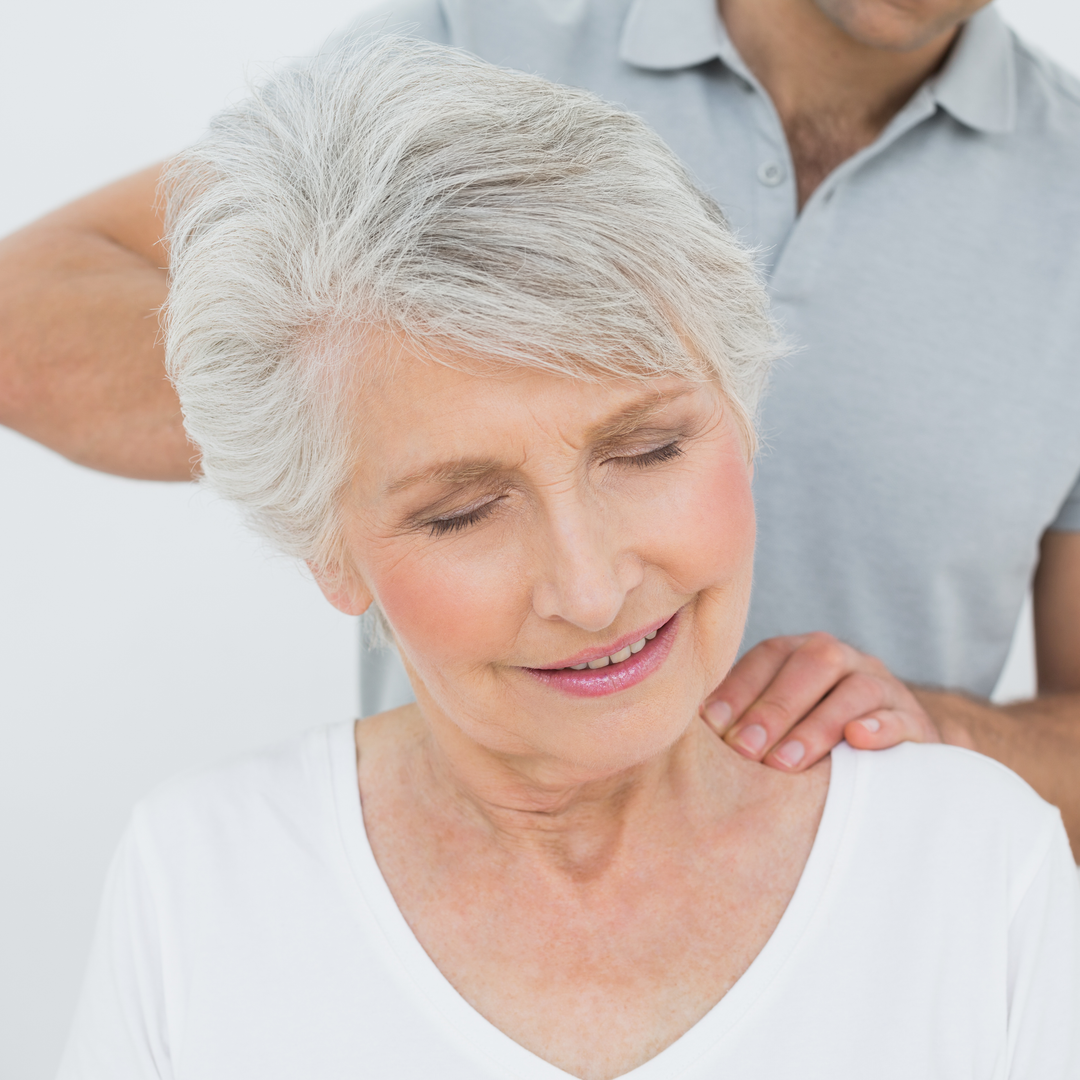
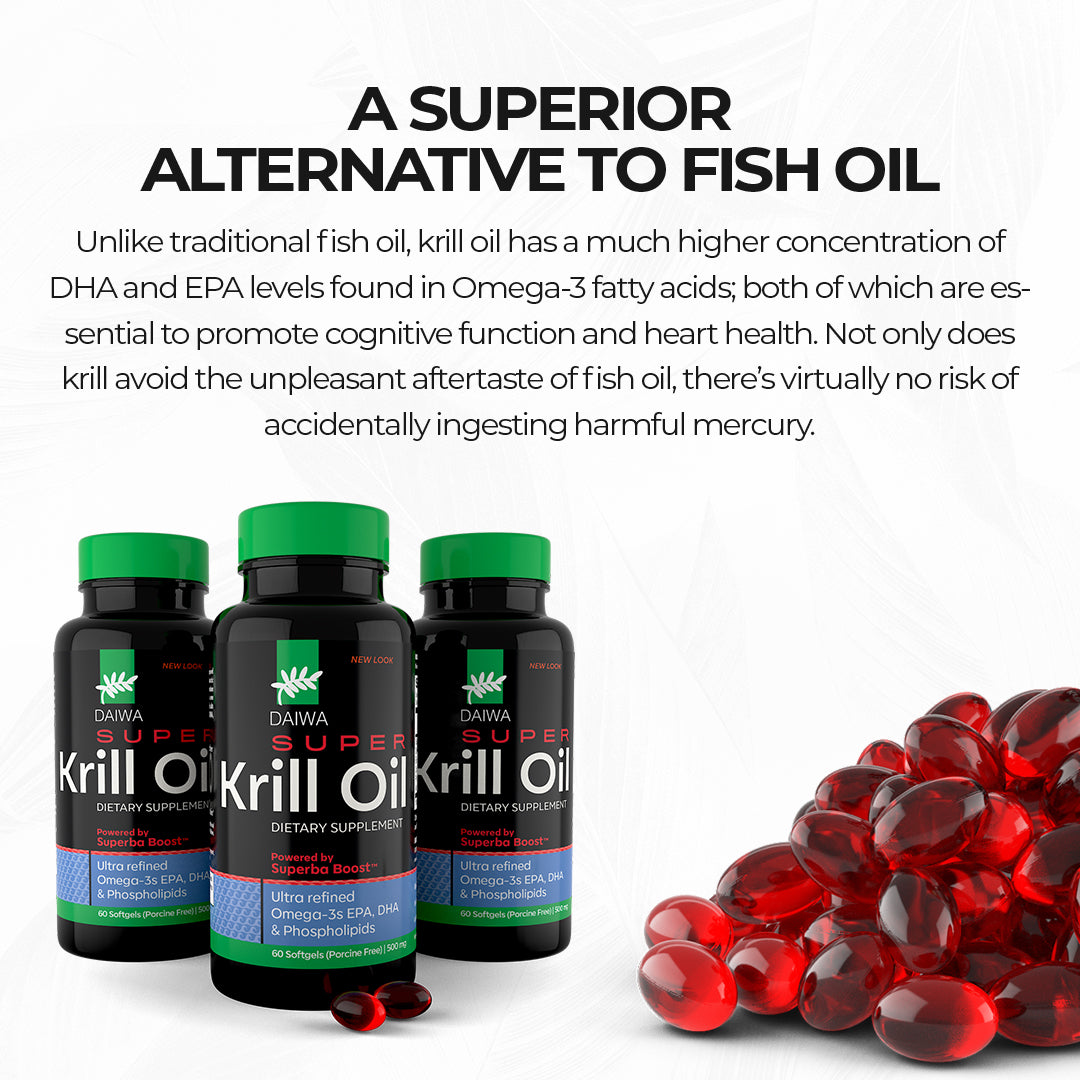
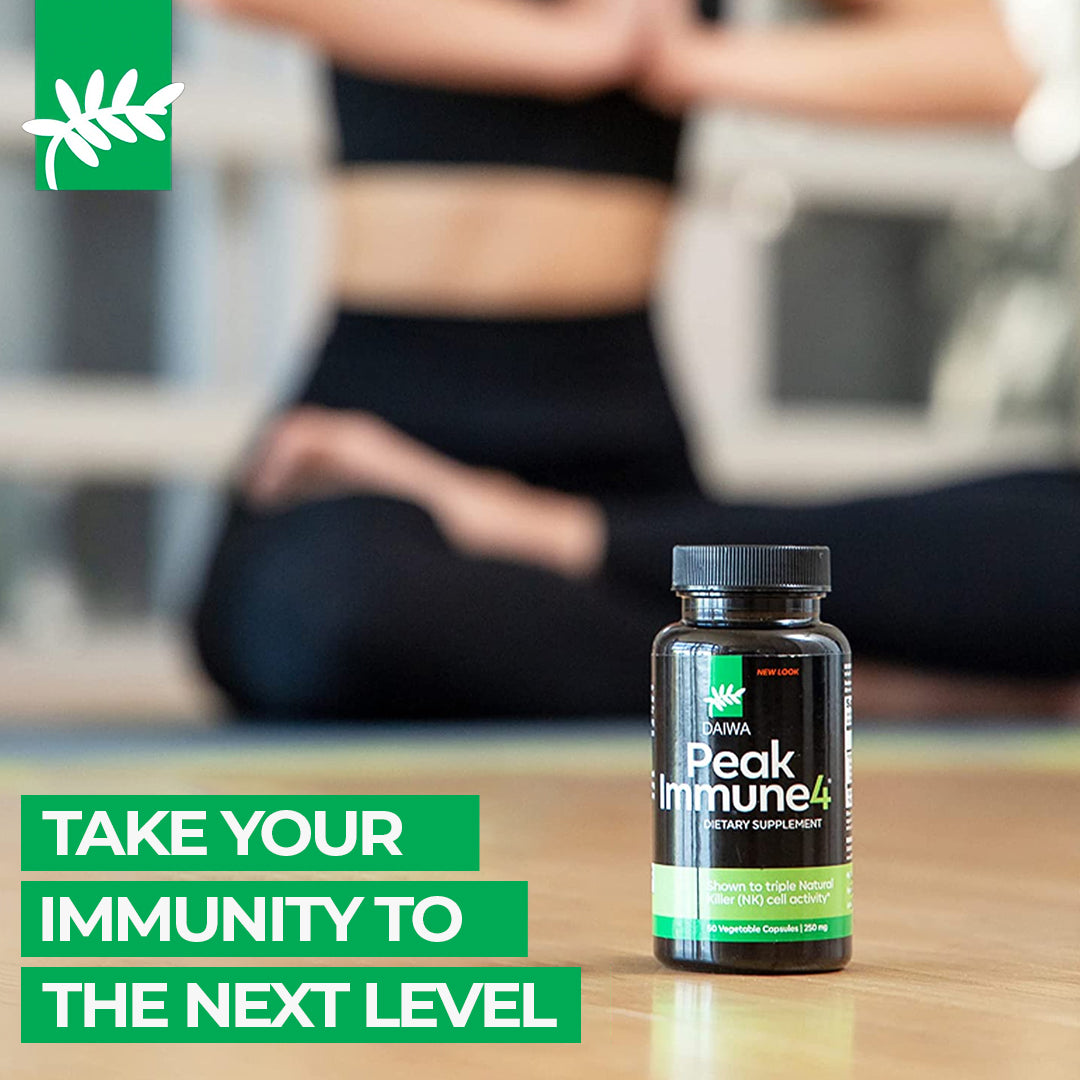
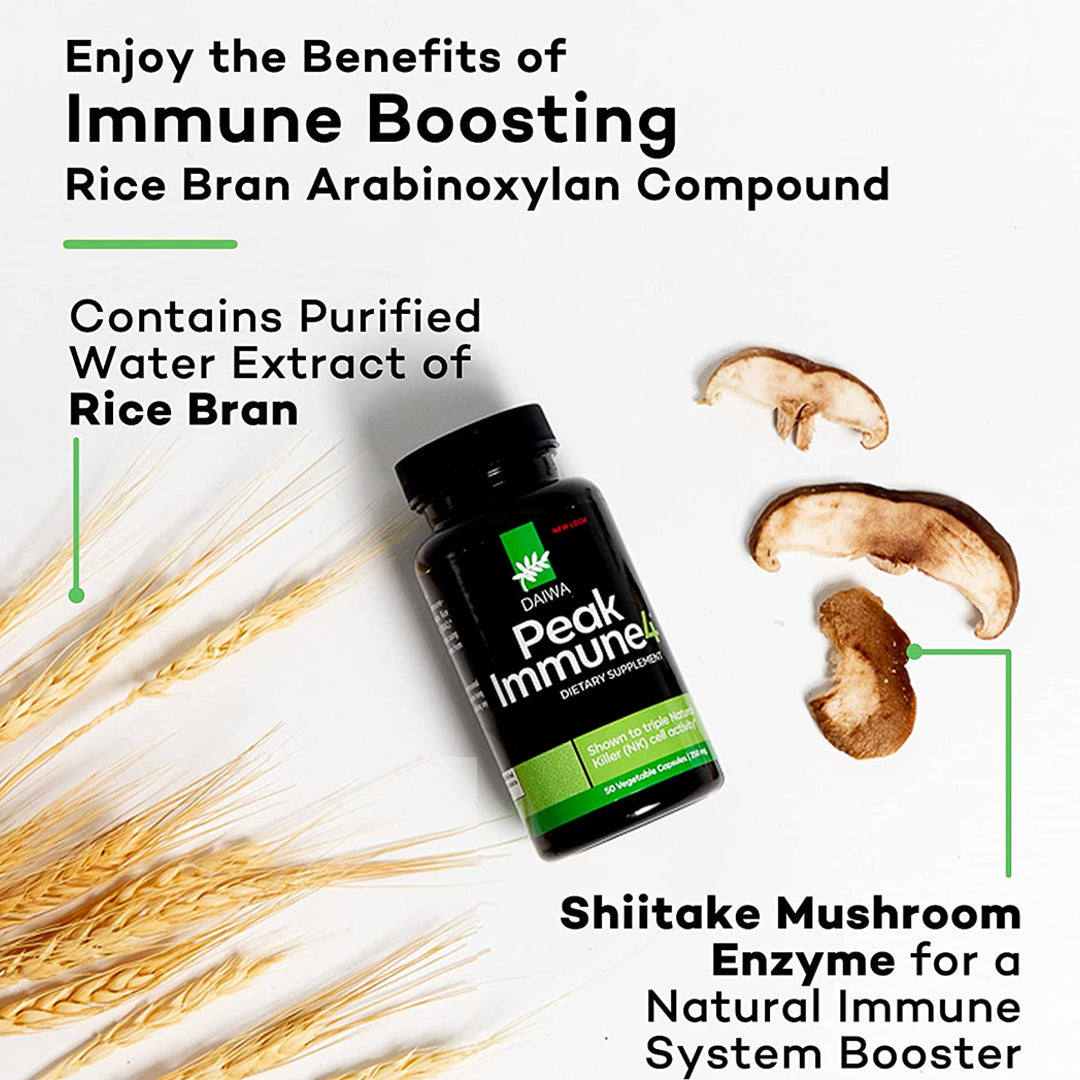
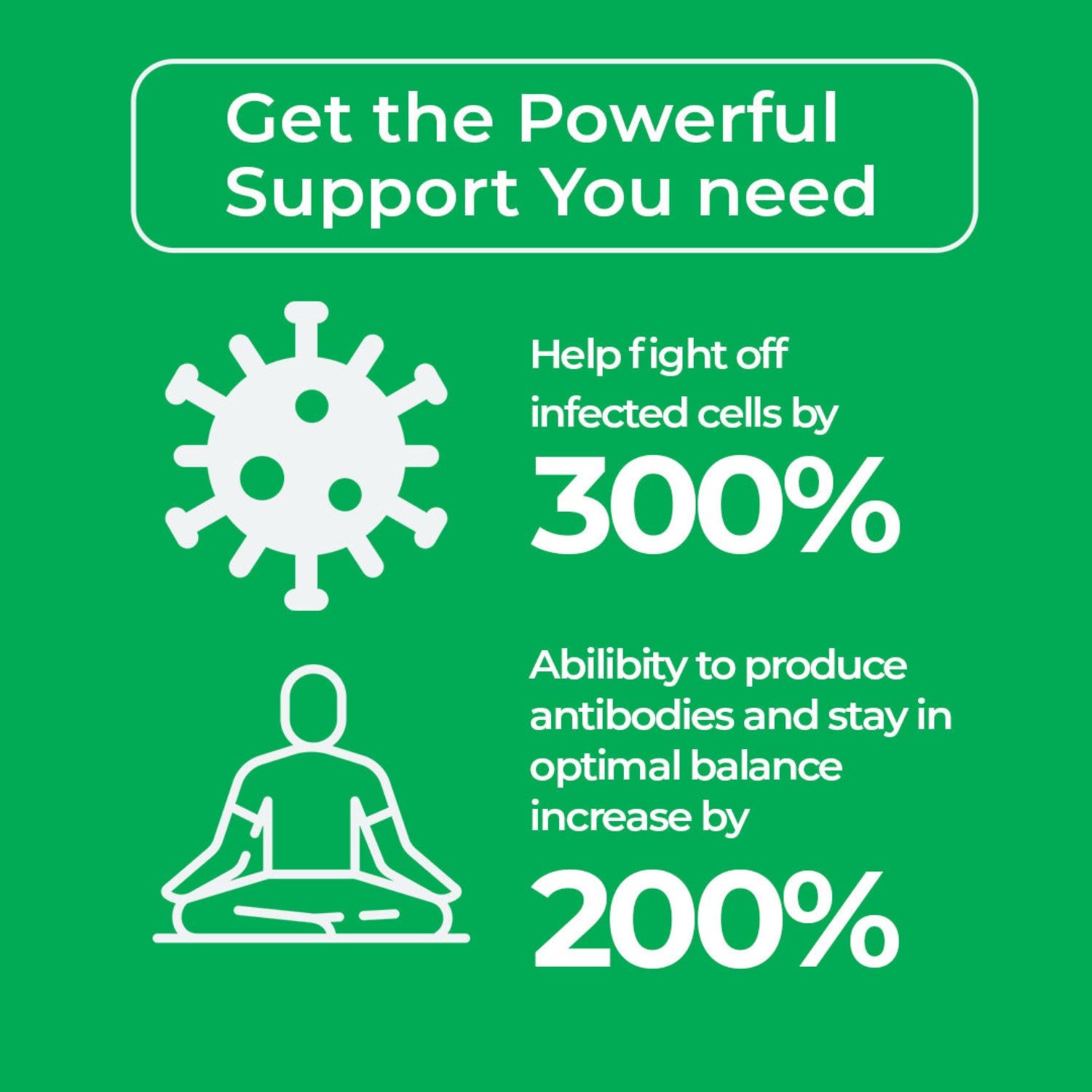
Leave a comment
All comments are moderated before being published.
This site is protected by hCaptcha and the hCaptcha Privacy Policy and Terms of Service apply.